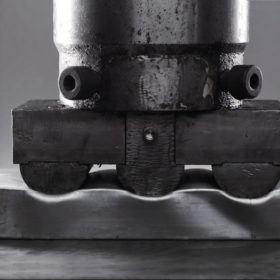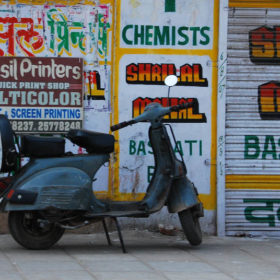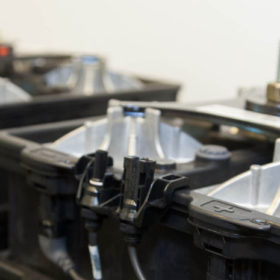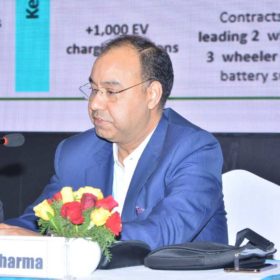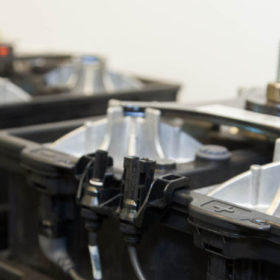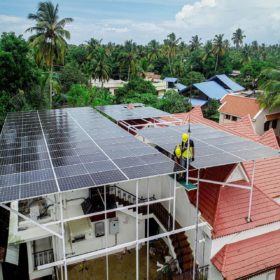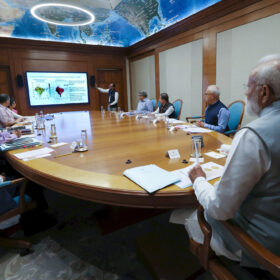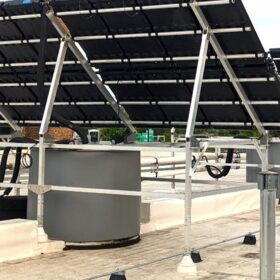Indigenisation of technology key to successful EV transition for auto industry: CEEW
Indigenisation of electric powertrain components and battery pack assembly could produce a 5.7% higher output value addition (US$ 2.7 billion) for the Indian auto industry in case of an electric vehicle (EV) transition.
NALCO, HCL and MECL sign JV agreement to secure lithium and cobalt
The joint venture company—Khanij Bidesh India Limited (KABIL)—will help India to secure strategic minerals from abroad for manufacturing of solar energy storage and EV batteries.
Thinktank gives manufacturers two weeks for EV adaptation blueprint
Central government has thrown down the gauntlet to the nation’s largest motorbike and scooter manufacturers after they resisted a proposal to ban non-electric sales from 2025 onwards.
Government thinktank proposes ban on diesel and petrol driven vehicles
The NITI Aayog has suggested banning sales of non-electric two and three wheelers in 2025 and cars, trucks and buses five years later as well as forcing public fleets and the cars used by ride hailing apps to be electric.
Lithium gigafactory target is raised to 50 GW, tender likely soon
The government is considering financial incentives such as import and export duty waivers to woo battery manufacturers to set up a globally competitive manufacturing base in India.
Telangana pitches for 5 GW lithium-ion battery plant
Following the Indian government’s 40 GW plan for the states, Telangana has pitched for setting up a 5 GW lithium ion plant by announcing the ready availability of 200 acres of land and power and water for the fab at a concessional rate.
Solar and storage working in tandem—Exicom Interview
Storage companies are working with solar developers towards strategic alliances, says Naveen Sharma, Vice President-Sales & Strategic Planning, Exicom Power Solutions—an electric vehicle (EV) infrastructure developer that has set up an R&D centre in Bengaluru to facilitate development of lithium-ion battery packs. In an interview with pv magazine, Sharma also talked about the current scenario for Li-ion battery storage manufacturing in India and strategies to succeed.
FAME-II: Inter-ministerial panel set up for electric mobility projects
The committee is constituted for overall monitoring, sanctioning and implementation of the scheme, according to an order of the Department of Heavy Industries.
Cabinet approves five-year plan for EV battery manufacturing
Aiming to localize production across the electric vehicle value chain, the government will support battery manufacturing at a gigawatt-scale. The initial focus will be on large-scale module and pack assembly plants by the next fiscal year, followed by integrated cell manufacturing by 2021-22.
Making India’s solar sector resource efficient
By adopting resource efficiency measures, the Indian PV solar manufacturing sector can reduce its material requirement from an estimated 12 million tons to 8.2 million tons by 2030. The resource-efficient approach will also increase efficiency to more than 30% from 6% in 2018, according to a study conducted under the European Union’s Resource Efficiency Initiative (EU-REI) Project.

